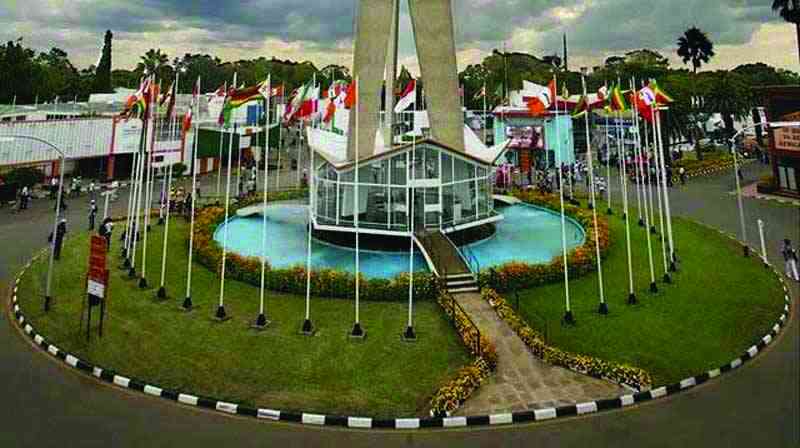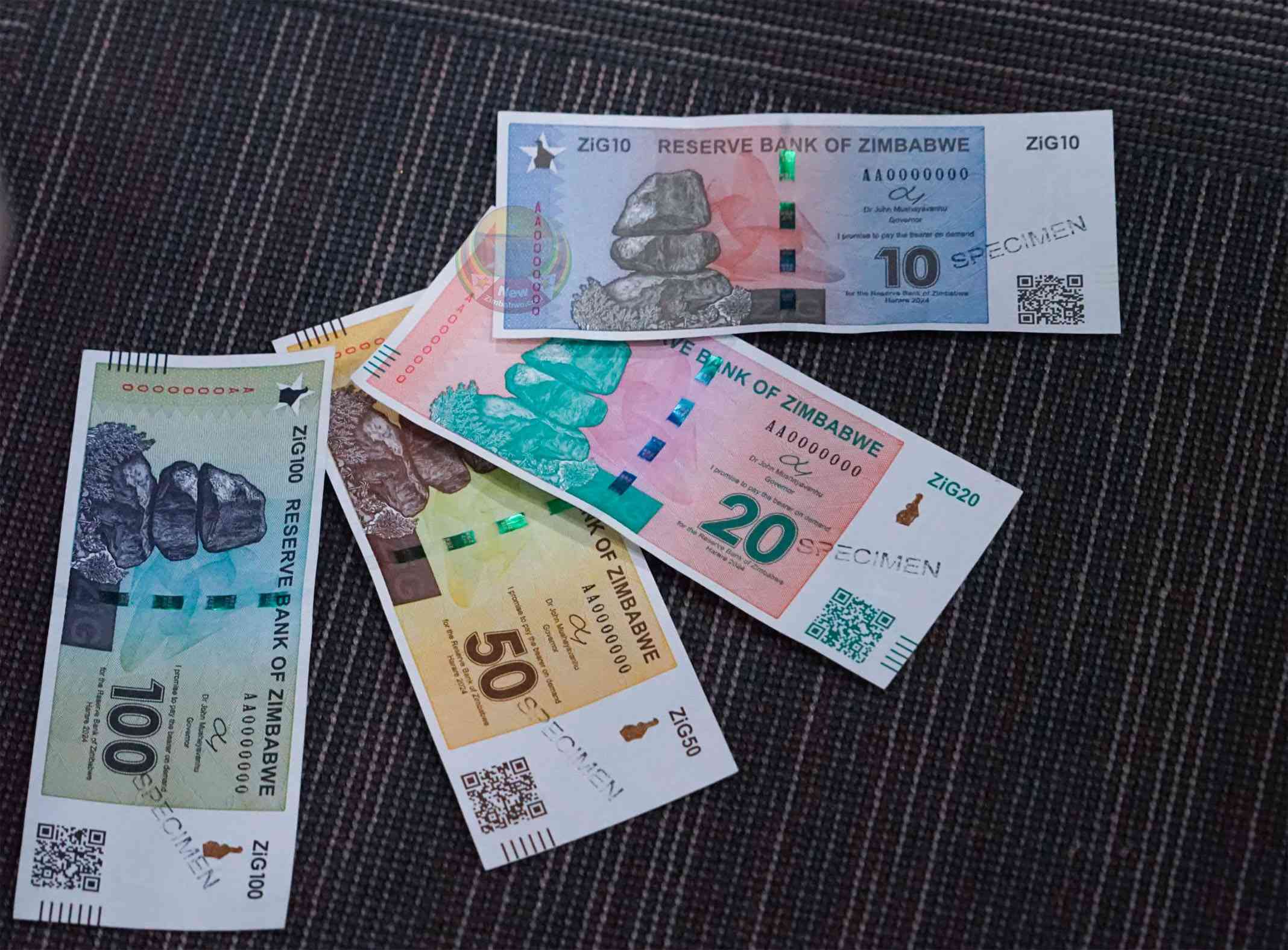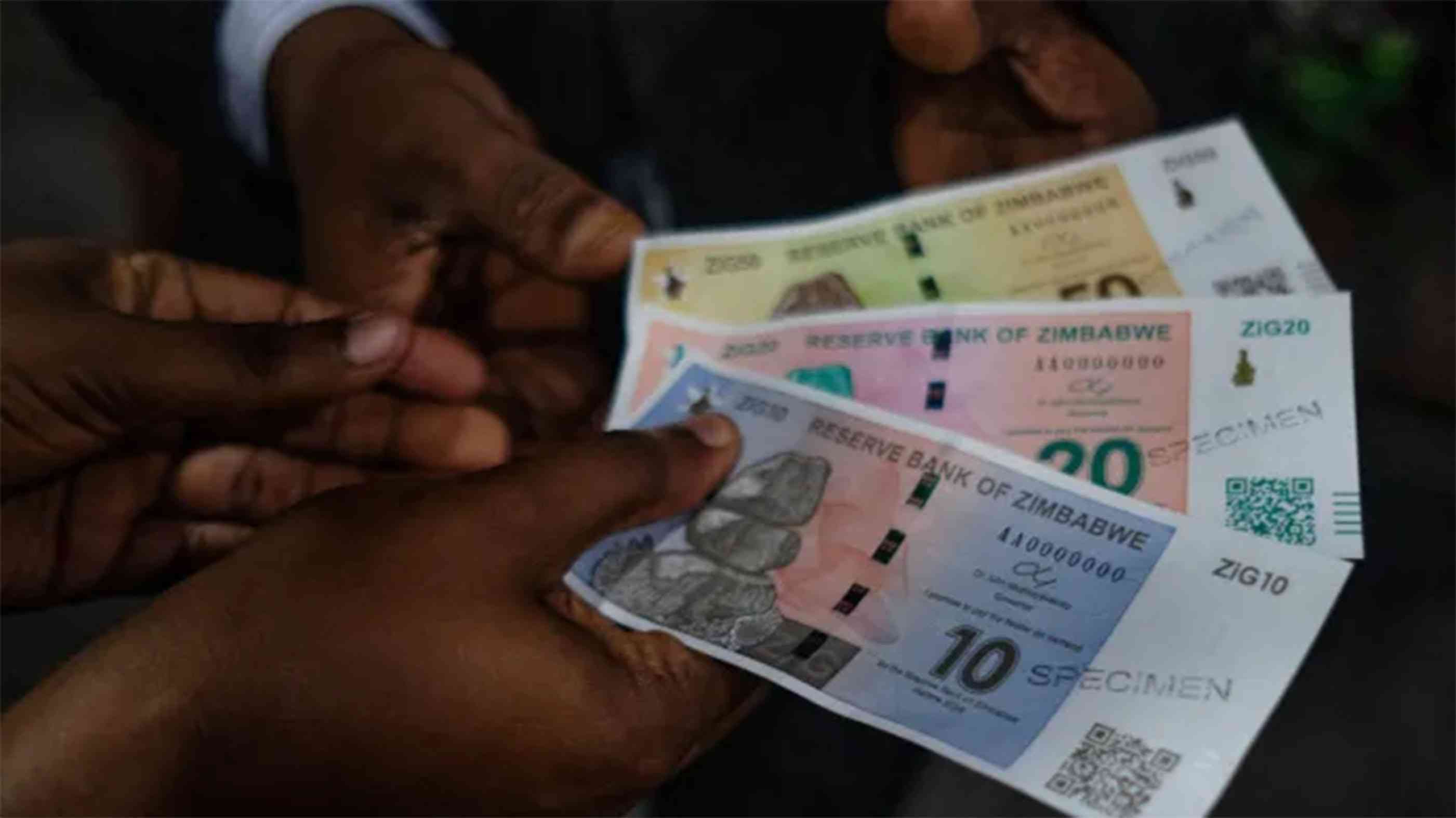
It was important that the Ministry of Health and Child Care last week admitted that Zimbabwe’s hospitals have crumbled under substantial drug shortages.
These are the honest disclosures that this economy requires to attract help. For many years, millions have suffered because the collapse of vital state institutions including hospitals, have been glossed over by government — especially the Ministry of Finance — for selfish ends.
There have been many such deceptions.
But each time living standards have plummeted in the midst of overdrives of propaganda, officials have not been held to account.
Newman Madzikwa, acting director for pharmacy services at the Ministry of Health, said last week government was battling a serious financial crisis, which has elicited dire shortage of drugs across hospitals.
Madzikwa spoke after Finance Minister Mthuli Ncube’s budget projected a 3,5% GDP growth next year, after indicating the economy expanded by much wider margins this year.
Contrary to the dire situation gripping the economy, Ncube claimed prices stabilised during the third quarter, ‘as reflected by month-on-month inflation, which declined from 12,1% in June 2023, to 4,5% in November 2023’.
Yet this was the most difficult phase of the protracted crisis in 2023.
- Experts downbeat as Ncube cuts GDP forecasts
- New perspectives: De-link politics from Zim’s education policies
- Experts downbeat as Ncube cuts GDP forecasts
- New perspectives: De-link politics from Zim’s education policies
Keep Reading
Zimbabweans endured waves of relentless prices hikes - including those of drugs – as the free falling unit took the worst battering on the parallel market, leading to immense grief.
Drugs availability in public hospitals, at 30%, is 65% lower than what is considered normal, according to experts.
They said underprivileged Zimbabweans were battling with most of the excruciating pain. Drugs are readily available in private pharmacies, private hospitals and on a thriving black market that has capitalised on the collapse of the public health system.
But with unemployment running at over 90%, and poverty levels at a terrifying 49%, very few can afford these expensive drugs.
By failing to procure even the most basic drugs, government has condemned the poor to immense suffering, even as it claims the economy is growing.
Well-connected few Zimbabweans are enjoying trips abroad to access world class medical attention in advanced economies, during a period when the state of affairs back home has declined drastically.
Doctors say they are being forced to chip in with funds to help desperate patients pay for their drugs.
They are not rich either, as demonstrated by the endless job actions that they have staged in the past few years.
This is why it has become imperative to remind Ncube that high sounding economic and financial jargon, in the absence of real action directed at ending the shocking rot in the economy and health system will not take this country anyway.
If he is serious about building a Zimbabwe that accommodates everyone, the big numbers, and aggressive growth targets announced on November 30 must have a positive impact on millions of suffering Zimbabweans. This is the only way the budget will make sense.
For now, he is only pampering the affluent few.











